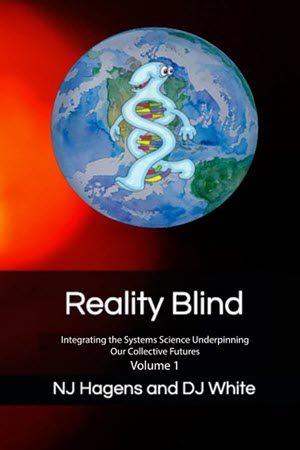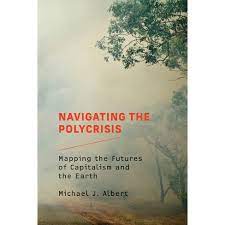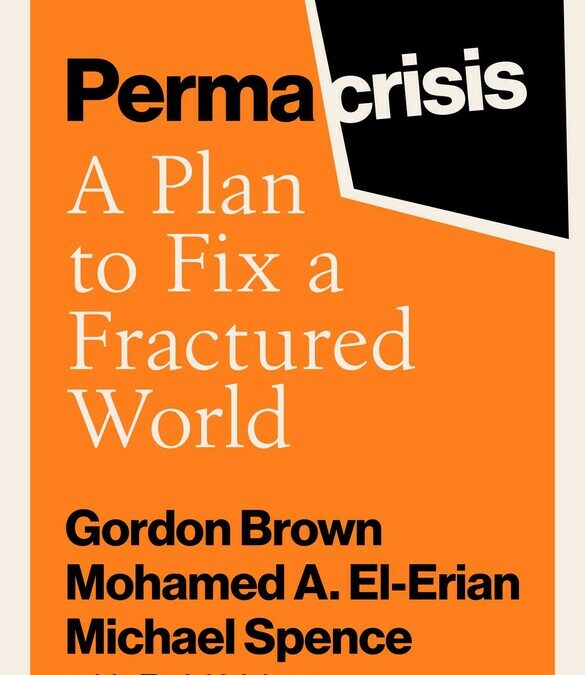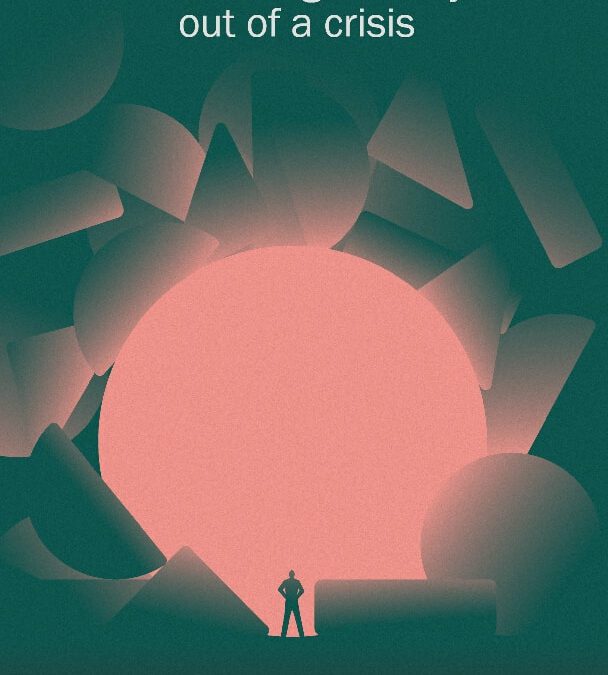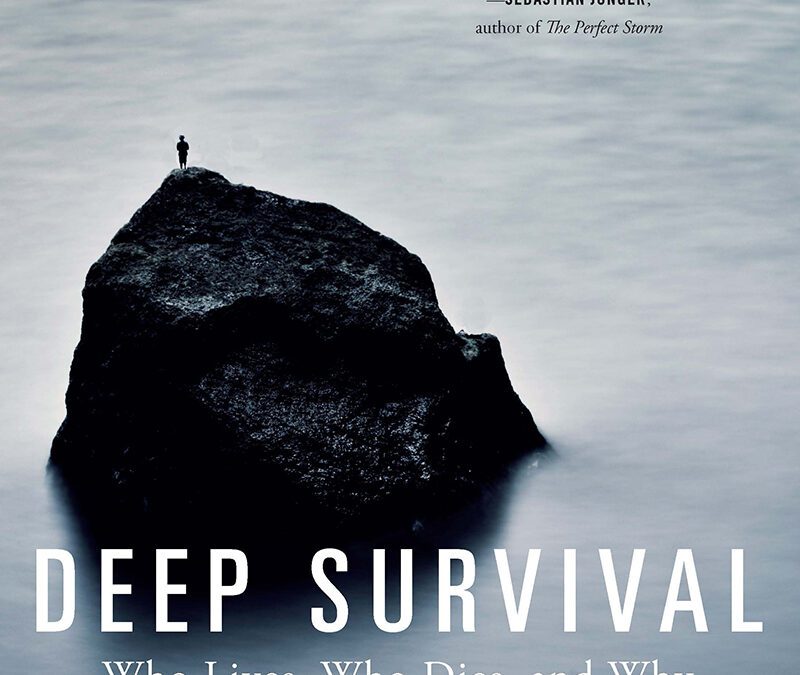By Kim Stanley Robinson
Set in the near future, the novel follows a subsidiary body, established under the Paris Agreement, whose mission is to advocate for the world’s future generations of citizens as if their rights are as valid as the present generation’s.
Science-fiction writer Kim Stanley Robinson is essentially an optimist, though he is not afraid to look reality in the face. The Ministry for the Future is set somewhere in a small city on the Gangetic Plain in Uttar Pradesh during the summer of 2025. Frank, a young American working for an NGO, awakens in his room to discover an unusually severe heat wave has gotten much, much worse. What follows is a story that will change how you think about the climate crisis and humanity.



